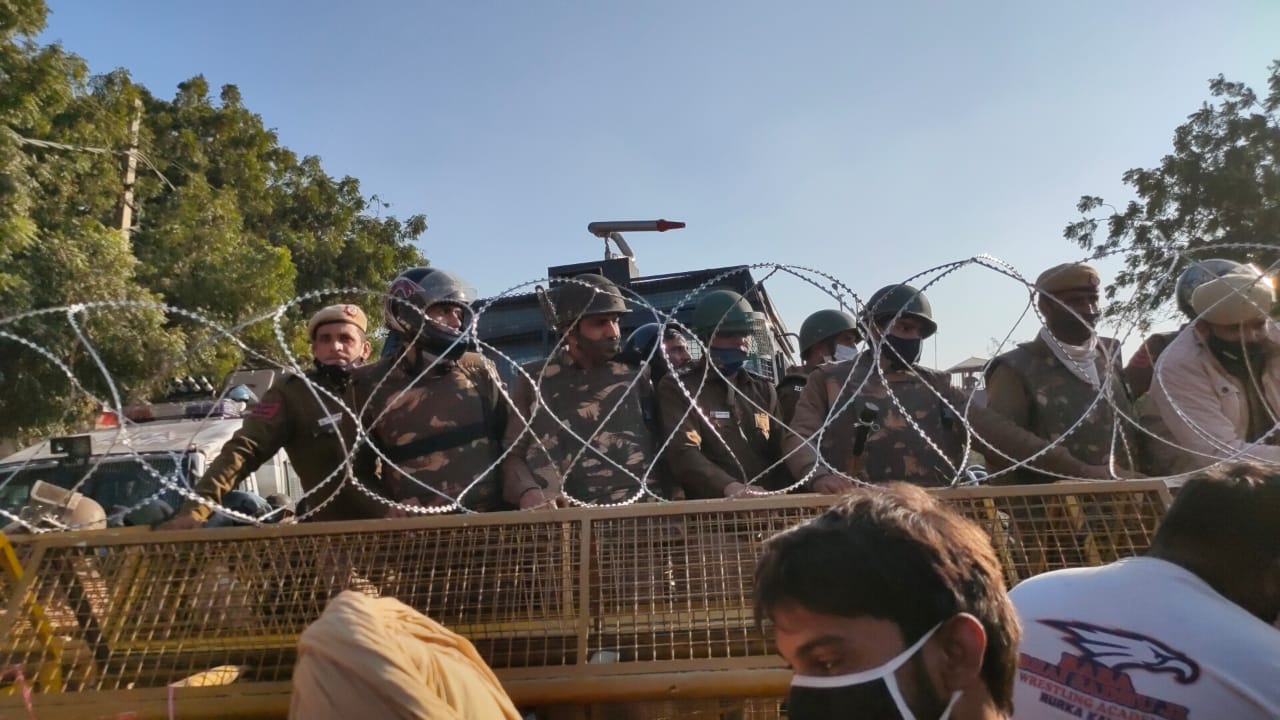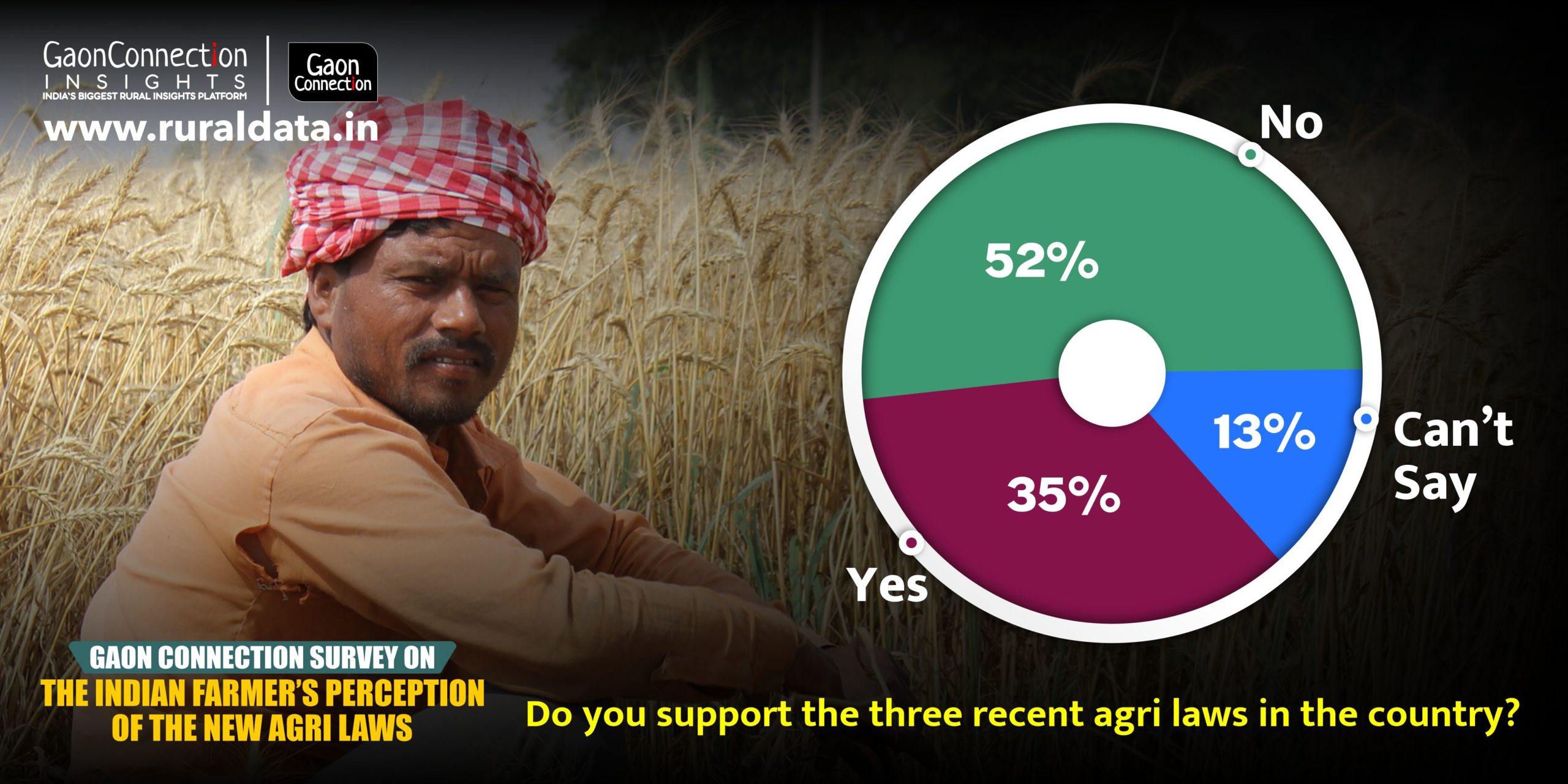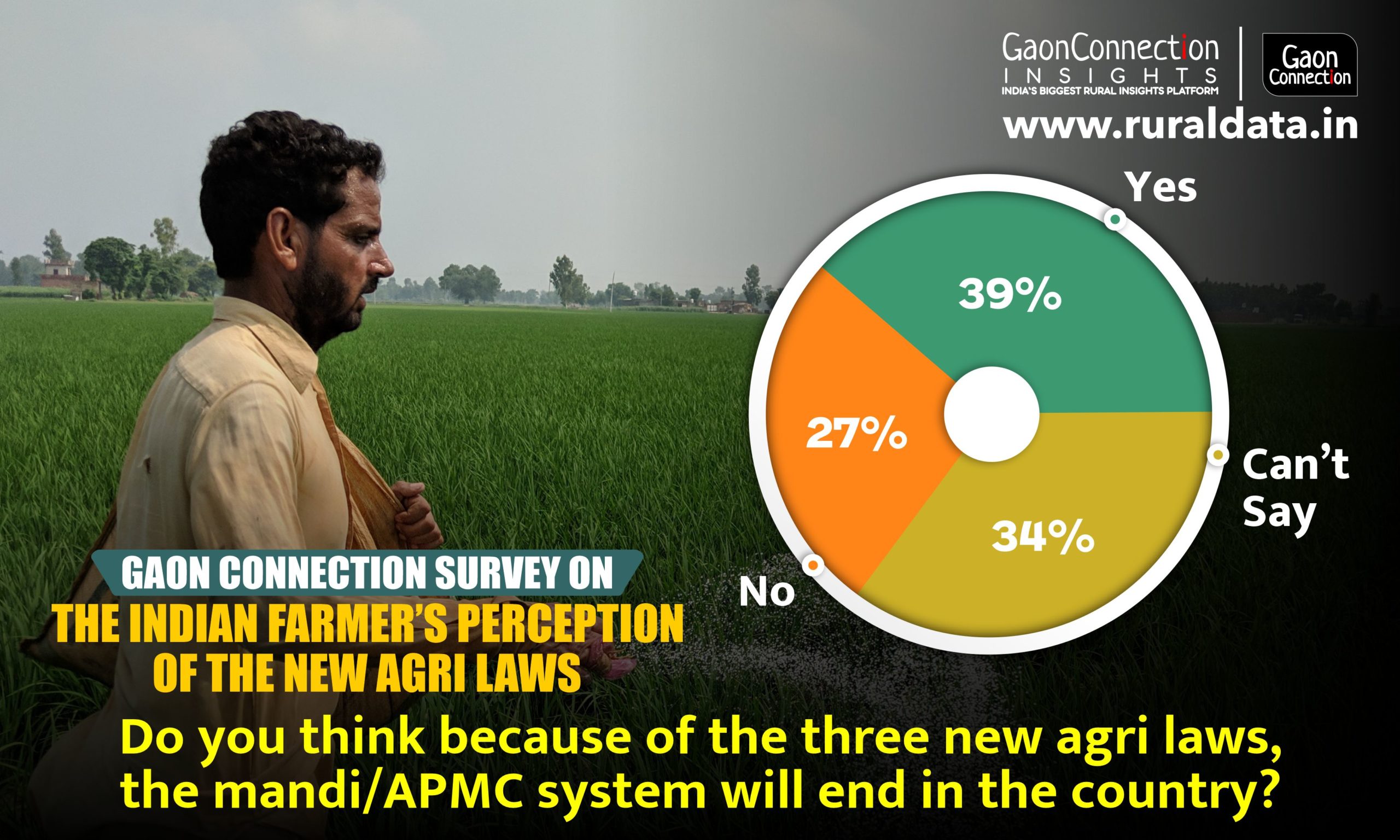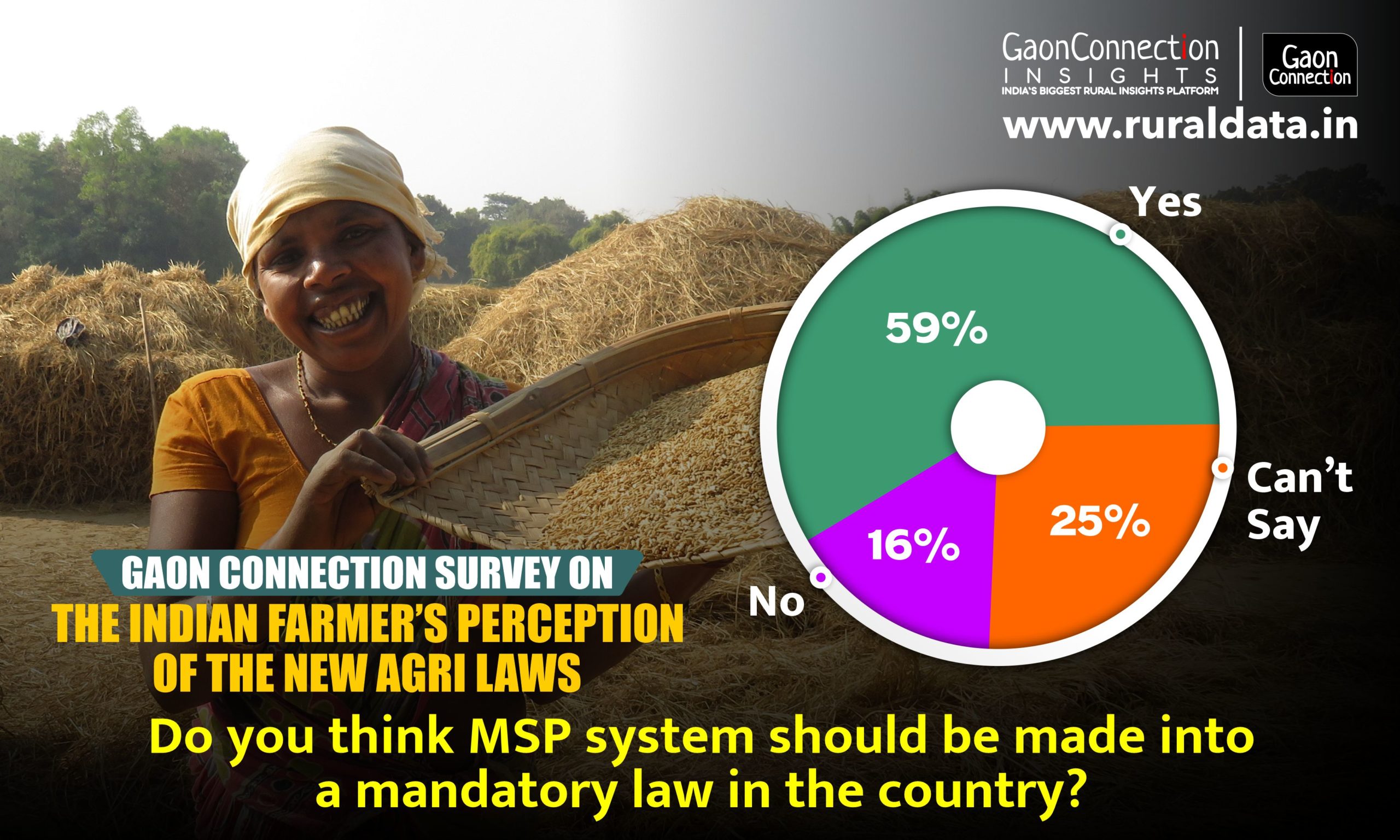Farmers’ Protest: After being water cannoned and tear gassed, farmers allowed to enter Delhi. Union Agri minister invites them for talks
Protesting farmers, young and old, surged towards the national capital despite barricades. They filled the trenches dug up on the highway near Sonipat to stop their march against the three agri laws passed two months ago. They fear the laws are detrimental to them.


Photo: Amit Pandey
On a chill winter morning, men, women and children filled up trenches dug up on the highway near Sonipat, shoving fistfuls of earth into them. Yesterday evening, they had been hosed down by water cannons as they set out on their Dilli Chalo march to protest the three new agri laws, An elderly farmer wept seeing the road ahead barricaded. Others faced tear gas shells at the Singhu border between Delhi and Haryana as they tried breaking police barricades to enter Delhi. The National Highway 44 has been barricaded for a 15-kilometre stretch in Karnal.
Prohibitory orders under Section 144 of the CrPC were imposed in several parts of Haryana to prevent assembly of protesters. The bus service to Punjab from Haryana for November 26 and 27 has been suspended too.
The latest is that the thousands of farmers in Punjab and Haryana, drawn from more than 500 farmers’ organisations, who are on their way to Delhi, will be allowed to enter the national capital, and the police will accompany them. They will be allowed to assemble at Nirankari grounds in north Delhi’s Burari, the Delhi Police Commissioner said.
The farmers’ tractor trolleys are filled with provisions and utensils, and they said they were ready for the long haul. For two months now, since the three farm laws have been passed, a number of farmers’ groups’ groups, especially in the agri belt of Punjab and Haryana, have been on near-continuous protests. They fear the new laws hurt their interests and will affect them adversely. These acts include The Farmers’ Produce Trade and Commerce (Promotion and Facilitation) Act, 2020; The Farmers (Empowerment and Protection) Agreement of Price Assurance and Farm Services Act, 2020; and The Essential Commodities (Amendment) Act, 2020.

“Police have forcefully taken away the keys of our tractors and trolleys. They have placed boulders and blocked roads in Haryana. We are just protesting peacefully for our rights. What is our crime?” Gujjan Singh, one of the protesters from Sonipat, Haryana, asked Gaon Connection.
Earlier, police in Delhi had refused the farmers permission to enter the city. The Delhi Police had asked the Delhi government permission to convert nine stadiums into temporary jails for holding protesting farmers, but the same has been turned down by the latter. Delhi is reeling under an avalanche of COVID-19 cases.
Meanwhile, Punjab chief minister Amarinder Singh has urged the Centre to immediately initiate talks with the farmers’ unions so that the situation at Delhi’s borders is defused, his office said.
Union Agriculture minister Narendra Singh Tomar has invited the protesting farmers for talks on December 3, insisting the new laws were the need of the hour and would bring revolutionary changes in the standard of living of farmers.
Among the protestors is an octogenarian woman from Punjab. “I will not go back until I speak to Narendra Modi about our rights, and he withdraws these black laws. We are fighting for our rights,” she told Gaon Connection. She feared the contract farming law, and private companies would exploit her sons, who are farmers, of their rights and land.
Exactly two months ago, on September 27, the three new agriculture bills were passed and signed by the President to become laws. Farmers fear these laws hurt their interests and promote those of private companies involved in farming.

To capture the perception of farmers towards the new agri laws, Gaon Connection conducted a rapid survey in 53 districts across 16 states in the five agro-climatic zones of the country. It was found that more than half (52 per cent) of respondents farmers in the country opposed the new farm laws, whereas 35 per cent supported these laws. However, of the 52 per cent opposing the agri acts, over 36 per cent were not aware of the details of these laws. Similarly, of the 35 per cent supporting the agri laws, almost half, or 18 per cent, were not aware about them.

The strongest protests against these three laws have come from the farmers in the North-West zone (Punjab, Haryana, Himachal Pradesh) where about eight in 10 farmers were against the laws. Farmers from Punjab and Haryana are clearly the more worried lot.
Read: The Rural Report 2: The Indian Farmer’s Perception of the New Agri Laws’
Farmers fear that with the new agri laws, they would be exploited by private companies, would not be able to sell crops at Minimum Support Price, and Agricultural Produce Market Committees (APMCs) or sarkari mandis would be done away with.
The Gaon Connection survey also found that a large chunk of farmers in the north-west zone are dependent on MSP and APMCs for the sale of their crops. For instance, the survey found that 75 per cent of the respondents in the northwest zone sold their produce at MSP, and 78 per cent preferred selling their produce at the AMPCs.
This fear that mandis will shut down and that they would be forced to sell their crop at a low price in the open market is reflected in the survey. For instance, 38.6 per cent of respondent farmers feared the new laws would lead to shutting down of mandis. However, this percentage was much higher at 71.5 per cent among farmers in the north-west.

“Mandis are the safest option to sell our crops, at least we get the assurance that if no one will purchase our produce in the market we can sell it directly to the sarkari mandi,” Rahul Kadyan, a marginal farmer from Sewah village, Panipat, Haryana, told Gaon Connection.
Most of the surveyed farmers in Punjab and Haryana, the highest producers of wheat in the country, are worried, as they have been selling their produce at state mandis at the minimum support price all these years.
Despite assurances by the government that the mandis and MSP will continue as before, farmers are not convinced. However, there is nothing in writing in the new acts that says MSP will continue. Farmers fear private companies will dictate prices, which would, most probably, be lesser than MSP.
This fear was revealed in the survey as 39 per cent of respondent farmers believed the new laws would end the MSP system in the near future. In the north-west, this number was 68 per cent.

To counter this, 59 per cent of the total surveyed farmers wanted a law that made MSP compulsory. This demand was again highest in the northwest region’s farmers at 81.3 per cent, followed by the west zone at 80.2 per cent.
“All three agricultural laws must be withdrawn. A law must be passed assuring farmers MSP for their crops. The new laws must be withdrawn and the recommendations of the Swaminathan Commission [National Commission Of Farmers led by MS Swaminathan] should be implemented,” Balbir Singh Rajewal, president of Punjab farmers’ group Bharti Kisan Union (Rajewal), told Gaon Connection.
However, there is a large chunk of farmers in the country that supports these new farm laws. The survey found every second farmer (52.1 per cent) in the West zone – Maharashtra, Madhya Pradesh, and Gujarat — supported these laws.
Interestingly, nearly half of the farmers in both the North region (Uttar Pradesh, Bihar, and Uttarakhand) and West region were optimistic that the farm laws would bring a positive change in the agriculture sector as against farmers from the North-West.
What are the three farm laws?
The Farmers’ Produce Trade and Commerce (Promotion and Facilitation) Act, 2020, seeks to give freedom to farmers to sell their produce outside of the notified APMC market yards.
The Farmers (Empowerment and Protection) Agreement of Price Assurance and Farm Services Act, 2020, gives farmers the right to enter into a contract with agribusiness firms, processors, wholesalers, exporters or large retailers for the sale of future farming produce at a pre-agreed price.
The Essential Commodities (Amendment) Act, 2020, is meant to remove commodities such as cereals, pulses, oilseeds, onion and potato from the list of essential commodities and do away with the imposition of stock holding limits.
Now, amid the massive farmer protests in the country, it remains to be seen if the Centre holds on to or withdraws the new farm laws.

